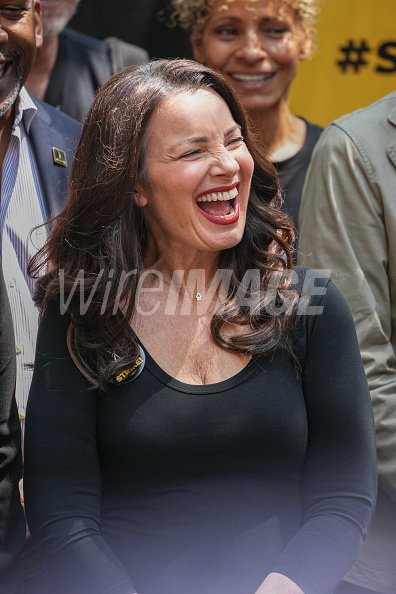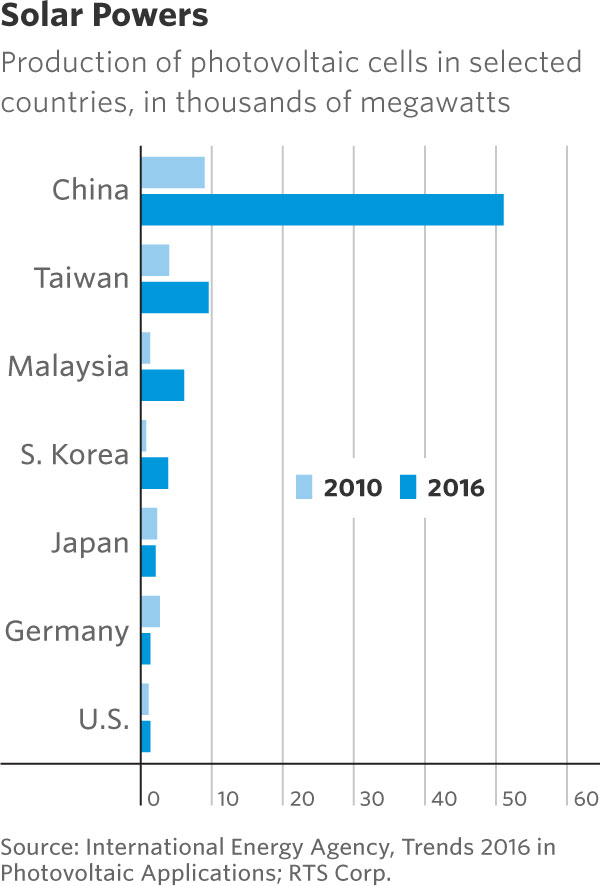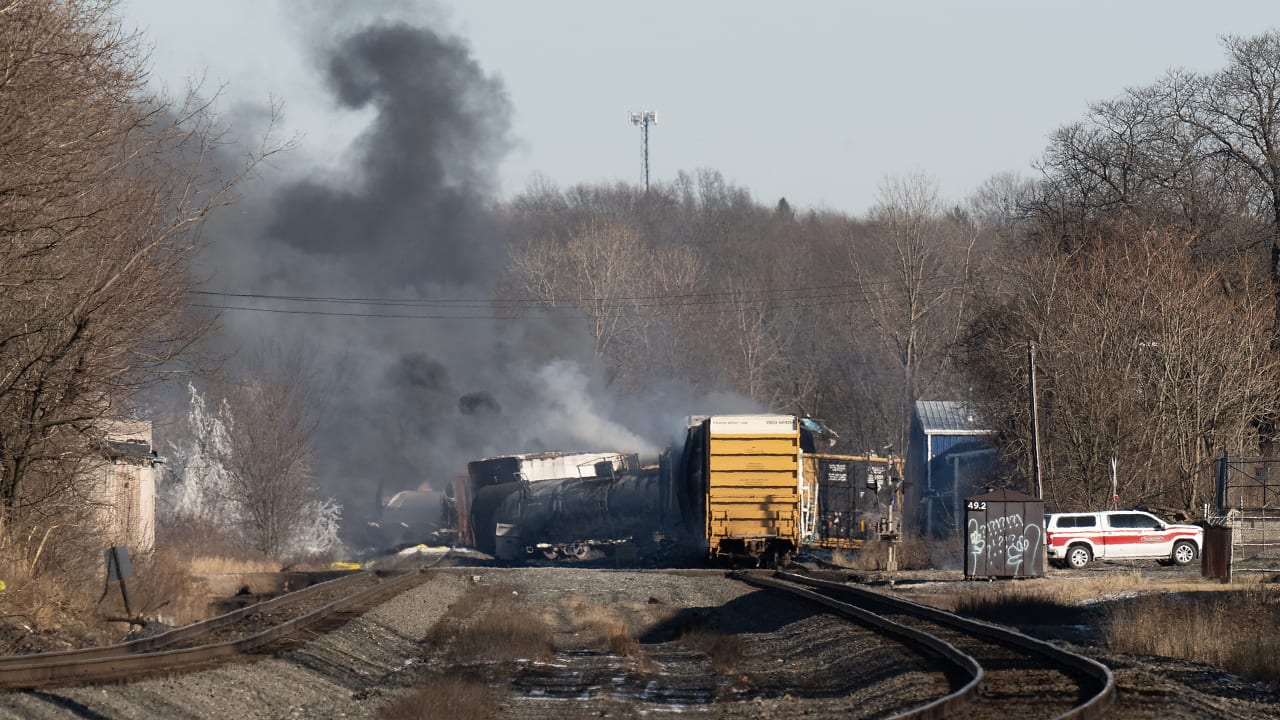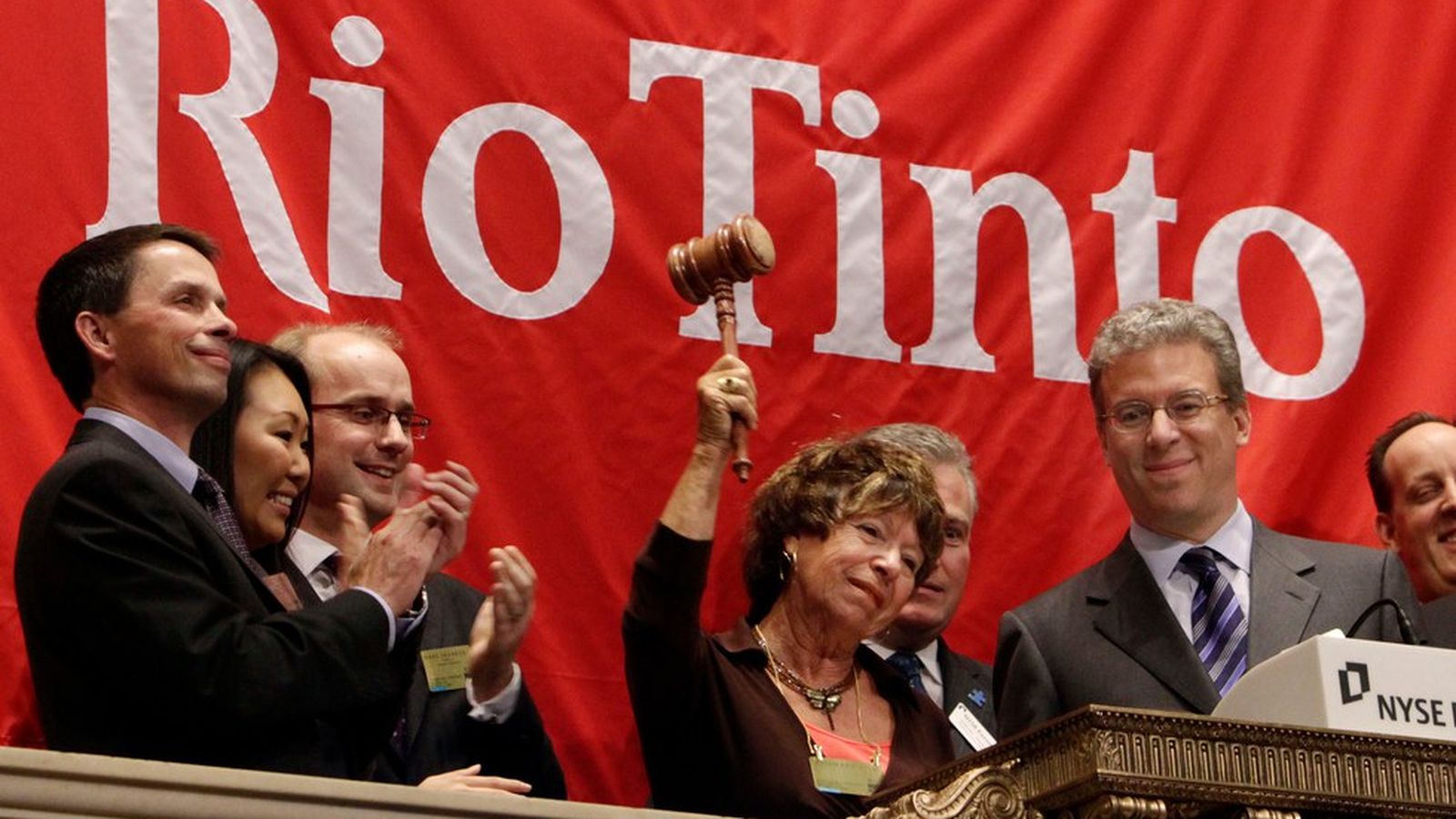SAG-AFTRA Joins WGA: Complete Hollywood Production Shutdown

Table of Contents
The SAG-AFTRA Strike: Key Demands and Concerns
SAG-AFTRA's strike is fueled by several critical concerns regarding fair compensation, the changing landscape of streaming residuals, and the looming threat of AI in the industry. Their contract negotiations have stalled due to disagreements on several key issues:
-
Fair Wages and Streaming Residuals: The traditional model of actor compensation is being disrupted by the rise of streaming services. SAG-AFTRA argues that actors are not receiving equitable compensation for their work on streaming platforms, where viewership data is often opaque and residuals are significantly lower compared to traditional broadcast television. The union is pushing for a more transparent and fair system that reflects the actual value of their contributions to these platforms.
-
AI Concerns: The increasing use of AI in filmmaking and television poses a significant threat to actors' livelihoods. SAG-AFTRA demands safeguards to prevent the unauthorized use of actors' likenesses and performances through AI technology, ensuring that their work is properly compensated and that their creative control is respected. This includes stipulations against using AI to generate performances that replace actors.
-
Health Insurance and Pension Plans: The cost of health insurance and the security of pension plans are critical issues for actors, especially those working on smaller projects or with fluctuating employment. SAG-AFTRA is pushing for improved benefits packages that reflect the realities of a more volatile industry landscape.
The union’s negotiating strategies involve a combination of public pressure, picketing, and a concerted effort to highlight the inequities within the current system. Their resolve is evident in the widespread support they’ve garnered from fans and other industry professionals.
The Combined Impact of the WGA and SAG-AFTRA Strikes
The simultaneous strikes by the WGA and SAG-AFTRA represent an unprecedented situation in Hollywood history. This "double strike" has resulted in a complete standstill across the entertainment industry, with far-reaching consequences:
-
Hollywood Shutdown: Production on virtually all film and television projects has ground to a halt, impacting major studios, independent productions, and countless ancillary businesses.
-
Economic Ripple Effects: The economic impact extends far beyond the studios and production companies. Numerous related businesses, including catering services, transportation, and post-production houses, are facing significant financial losses due to the prolonged shutdown.
-
Production Delays and Cancellations: The release of numerous films and television shows has been delayed or canceled indefinitely, disrupting schedules and creating uncertainty for viewers and distributors alike.
-
Long-Term Effects: The long-term consequences of this double strike remain uncertain. It could lead to significant changes in the industry's production model, potentially accelerating the shift towards smaller-scale productions or altering the power dynamics between unions and studios.
Potential Outcomes and Negotiations
The resolution of this double strike will depend on the willingness of both sides to compromise. Several potential scenarios are possible:
-
Negotiated Settlement: A negotiated settlement would involve compromises on both sides, potentially leading to changes in compensation models, improvements to benefits, and some form of regulation regarding AI usage in the entertainment industry.
-
Prolonged Strike: A prolonged strike could lead to greater financial losses for all involved and potentially reshape the landscape of Hollywood.
-
Industry Changes: Regardless of the immediate outcome, it's likely that this double strike will trigger lasting changes within the entertainment industry. This could include changes in how streaming platforms compensate creatives, a renewed emphasis on fair labor practices, and the establishment of clearer guidelines on the use of AI.
The role of streaming platforms in these negotiations is particularly crucial. Their business models have profoundly impacted the economics of the industry, and addressing the unions’ concerns regarding fair compensation and transparency will be critical to resolving the strike. The power dynamic between unions and production companies is certainly undergoing a shift, and this could significantly alter the future landscape of Hollywood.
Conclusion
The simultaneous SAG-AFTRA and WGA strikes represent a watershed moment for the entertainment industry. The core demands for fair compensation, protection against AI exploitation, and improved working conditions underscore the critical need for a more just and equitable system. The outcome of these negotiations will profoundly shape the future of filmmaking and television production for years to come. The SAG-AFTRA strike and its impact on the Hollywood production shutdown is a critical issue that requires ongoing attention. Stay informed about the ongoing negotiations and support the actors and writers in their fight for fair treatment. Understanding the complexities of this situation is crucial for anyone interested in the future of film and television.

Featured Posts
-
 Dutch Energy Providers Test Reduced Tariffs With High Solar Output
May 03, 2025
Dutch Energy Providers Test Reduced Tariffs With High Solar Output
May 03, 2025 -
 Ohio Train Derailment Toxic Chemical Lingering In Buildings Months Later
May 03, 2025
Ohio Train Derailment Toxic Chemical Lingering In Buildings Months Later
May 03, 2025 -
 Activist Investor Fails In Bid To End Rio Tintos Dual Listing
May 03, 2025
Activist Investor Fails In Bid To End Rio Tintos Dual Listing
May 03, 2025 -
 The Justice Departments Decision The Future Of School Desegregation
May 03, 2025
The Justice Departments Decision The Future Of School Desegregation
May 03, 2025 -
 Belgium Vs England On Tv Kick Off Time Channel And How To Watch The Lionesses
May 03, 2025
Belgium Vs England On Tv Kick Off Time Channel And How To Watch The Lionesses
May 03, 2025
